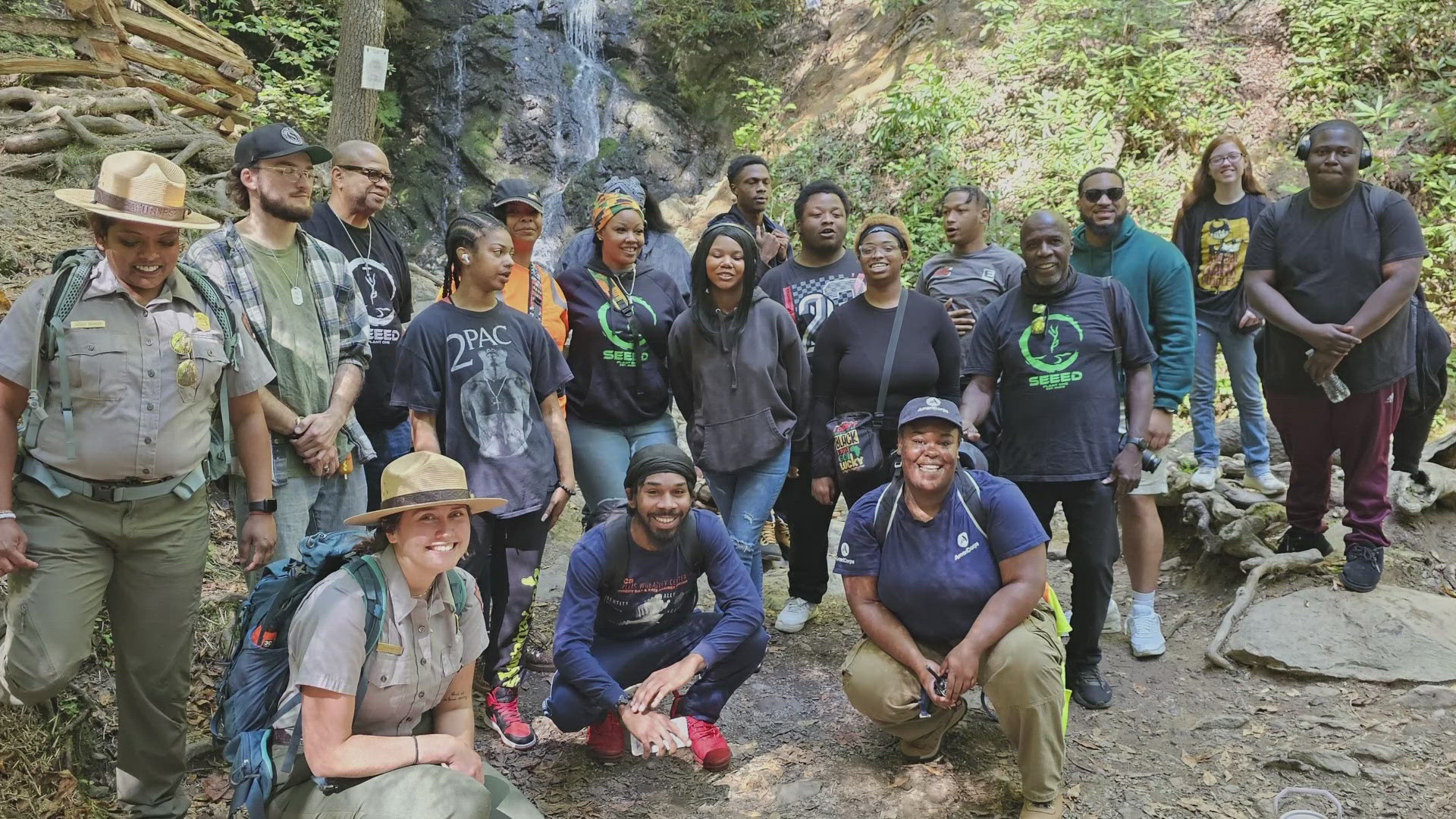Ed Penico now calls East Tennessee home, but the map on his study wall is full of red push pins recording his travels during his more than three-decade career in the Marine Corps that included service in four wars. His service record includes: World War II, Korea, Vietnam, and a Civil War in China. In 1945, the United States inserted Marines into China in an effort to help fight the communists.
"We were taking casualties; if we are taking casualties, I think it is a war," said the retired colonel.
Mr. Penico would go on to serve a tour in the Department of State where he briefed the secretary of state on world affairs. In addition, he served a stint providing the daily brief for the joint chiefs of staff. That group advises the secretary of defense. His duties later included drawing up plans for protecting nuclear weapons sites.
"When I retired, I had so many clearances I could not go behind the 'Iron Curtain' for 10 years," said Mr. Penico.
In addition to our on camera interview about his career spanning more than 30 years, Mr. Penico also agreed to answer the following 10 questions about his life and his service in the Marines.
1. What one person influenced you most in life?
My football coach Joe Pitts, in South Philadelphia. He taught me integrity. I was raised without a mother and my father and I didn't get along so my coach helped shaped my life.
2. Do you feel honored and respected for serving your country?
Yes, I do. As a matter of fact it seems to be increasing as time passes. It surprises me at times.
3. How can people thank you for your service?
They do. They just say "thank you." I stopped in Marble Falls, Texas the other day and a stranger introduced himself to my wife and me and he instantly said, "I want to thank you for your service."
4. How do you honor your fellow service men and women?
My wife and I donate significantly to the causes that help them out. I also thank my fellow veterans for their service.
5. How do you think this generation of service men and women is different or similar to yours?
I think these kids are smarter. I think they are also in good physical shape. I do see more Post Traumatic Stress Disorder or PTSD cases than I saw after World War II. I'm not quite sure why I haven't ever experienced those symptoms. I have thought a lot about that, and why I don't but I just haven't had those problems.
6. What influence did your military service have on the rest of your life?
It set the pace for everything I have done since then. I was very lucky in my career because I had a lot of command assignments. And that leadership thread continued throughout my life.
7. Does your family have a history of military service?
My wife served in the Air National Guard for 26 years.
8. Would you encourage your son, daughter or other younger generations in your family to join the service?
I would.
9. After seeing it and living it, how has your opinion of war changed?
It hasn't changed. War is a terrible thing. Out of our basic training course for lieutenants in Korea, we lost so many it is hard to believe.
10. How did your military experience shape your religious faith?
It did not. I'm not an atheist. I'm agnostic.
*If you have ideas for our series please email 10News anchor John Becker. jbecker@wbir.com

